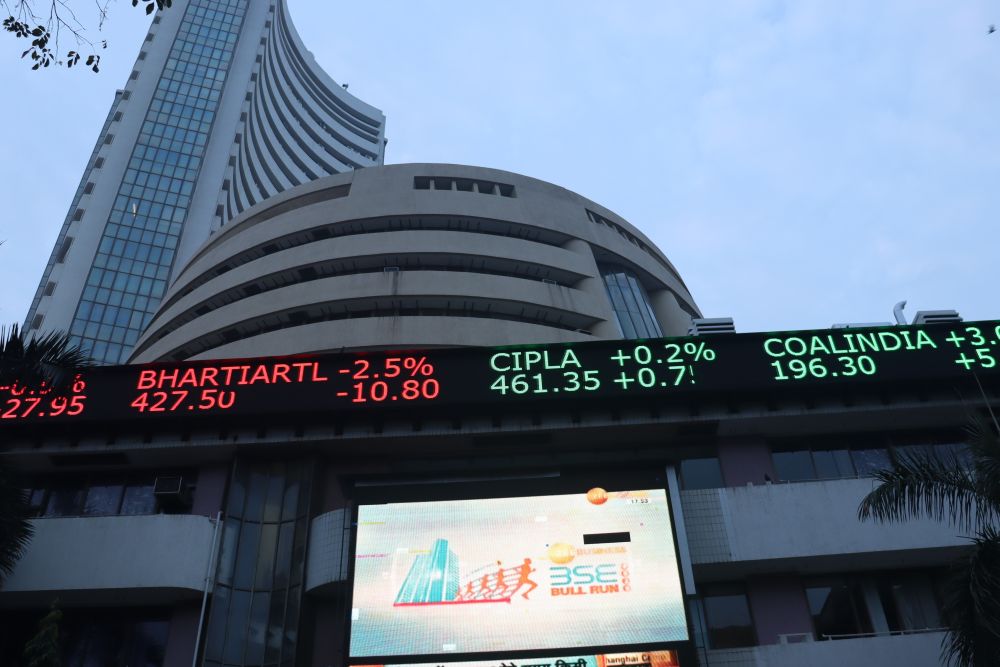
This month Chinese President Xi Jinping is hosting a summit for many of the leaders of the 65 countries engaged in his One Belt, One Road initiative, a pioneering programme that will channel billions of investment dollars toward infrastructure projects across Asia, Africa, and Europe. Despite a strong economic case for the project, reactions have been mixed.
The main impulse driving the Belt Road initiative is physical connectivity: efficient infrastructure enhances productivity, fosters investment, and lowers the costs of trade. With effective channels for the exchange of goods and well-connected information networks, growth accelerates, economic opportunity increases, and inequality narrows.
The good news is that such infrastructure can be built in an efficient and cost-effective manner. The key is cooperative efforts that exploit each country’s respective comparative advantage, be it capital, technological know-how, logistical or construction capabilities, raw materials, or even industrial goods. Such an approach can jumpstart development in low-income countries, and help emerging economies bypass the dreaded middle-income trap.
But making physical connectivity work requires not only massive amounts of funding. Policy coordination and regulatory harmonization are necessary as well. In the short term, infrastructure investment can be impeded by significant political, sovereign, and financial risks.
For starters, there is the risk that political leaders will prioritize short-term interests above a long-term vision. For example, they may try to win votes with reductions in road tolls or water tariffs, causing otherwise good infrastructure projects to produce net losses. They may also lack motivation to raise funds for big projects, unless those efforts would translate into actual votes.
It does not help that many countries are also grappling with public debt, which makes it difficult for them to borrow from multilateral development institutions. With limited fiscal space, governments might need to resort to levying taxes – a politically difficult solution – to pursue infrastructure investment. They might also have to reduce investment in other critical areas, like education, health, or environmental protection.
Private investors, for their part, may be neither willing nor able to hold illiquid assets for the entire gestation and construction process. That process is long in the best of times; in developing countries with weak institutional capabilities, it is often drawn out substantially, creating massive additional costs.
Many national authorities are attempting to address this by improving governance and providing an enabling environment for infrastructure investment, including by promoting public-private partnerships. But successes have been far and few between.
China sees all of this. It recognizes the urgency with which developing countries need investments in roads, railroads, power plants and grids, airports, and seaports, as well as the challenges they face in securing them. And it is well aware of the potential benefits of connectivity, particularly if it extends beyond the Asia-Pacific region.
Since introducing the Belt Road initiative, China has often been accused of attempting to wrest greater control over the developing world, and even to replace the United States as the dominant global superpower. Some, pointing to the historical record, warn of the Thucydides Trap: a rising power will eventually try to challenge an established one.
But such warnings overlook a crucial lesson of that record: the challenges almost always end badly. China is well aware of how the Thucydides Trap has ensnared both the dominant power and the challenger, even after the challenger might seem to have won. This has not, however, stopped politicians from stoking fears about China and the Belt Road initiative.
Sri Lanka is a case in point. Until recently, it had welcomed – and even sought – infrastructure investment from China. When politicians began to attempt to win support by sowing doubts about China’s intentions, however, the prevailing mood vis-à-vis China turned from appreciation to indignation. Those politicians then accepted financial support from the US and India, but that money never came.
Today, Sri Lanka’s government has little choice but to rekindle its relationship with China. Fortunately for Sri Lanka – and other Belt Road participants – China’s intentions are far from malicious. Its real goal is to lead an inclusive and cooperative integration process that benefits all participants.
And, in fact, China may well be the best-equipped country for the job. In the US, a major infrastructure upgrade is long overdue, with politics, among other factors, impeding progress. By contrast, China has, in the words of Jeffrey D. Sachs, “proved itself highly effective at building large and complex infrastructure” that “complements industrial capital” and has “attracted foreign private-sector capital and technology.”
Of course, China may be accused of advancing its own agenda for any action that it takes abroad. And, to some extent, such accusations would be true, just as they are whenever a global power intervenes abroad, whatever the motivation. The US-led Marshall Plan was aimed not just at supporting the reconstruction of Western Europe after World War II, but also at reviving markets for US exports and containing the Soviet Union.
This is not to say that China could not have done anything better in pursuing the Belt Road initiative. On the contrary, it could have been more effective in making the economic case for physical connectivity. And Chinese companies could have taken more care to understand and appreciate local customs and cultures, thereby avoiding unnecessary tensions with local people, as well as to ensure environmental sustainability.
But these lapses are fixable – and are being addressed, both by Xi’s administration and Chinese companies investing overseas. The bigger challenge lies in creating a designated institution to coordinate the many Belt Road initiatives. On this front, success will be possible only if countries avoid allowing politics to cloud their judgment. There is no defense for rejecting an economically sensible global initiative just because China is the one leading it.
Keyu Jin is professor of economics at the London School of Economics, a World Economic Forum Young Global Leader, and a member of the Richemont Group Advisory Board.
Copyright Project Syndicate.









